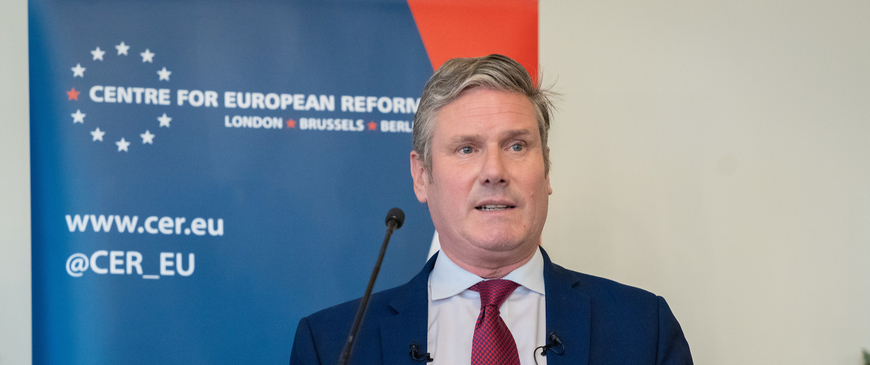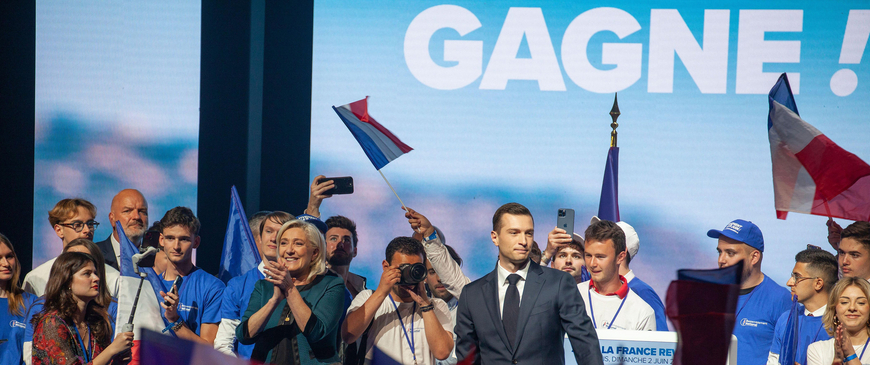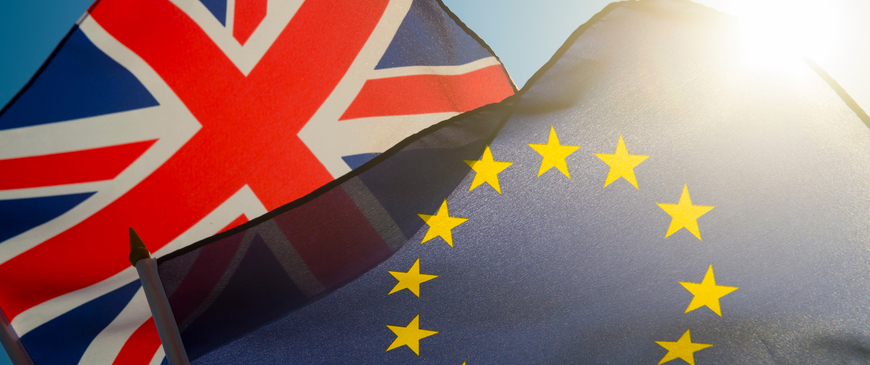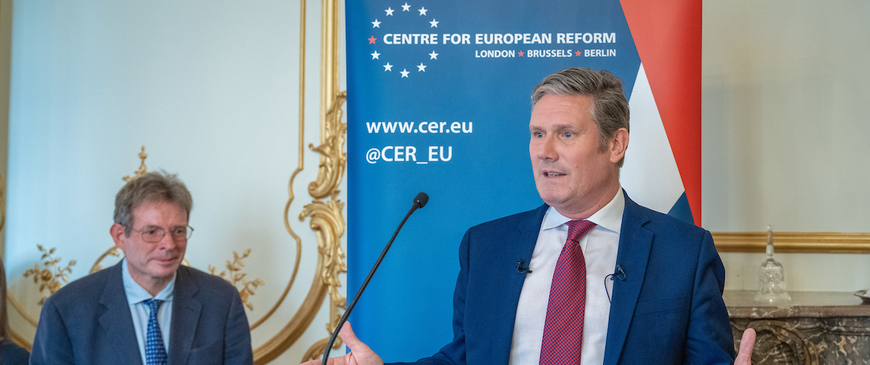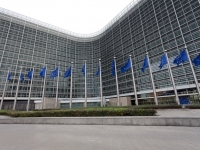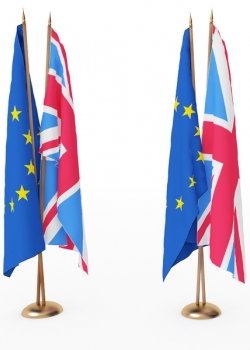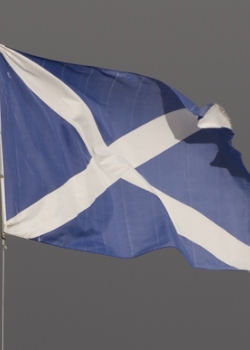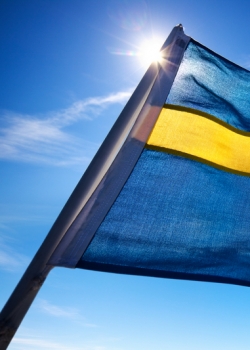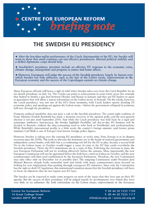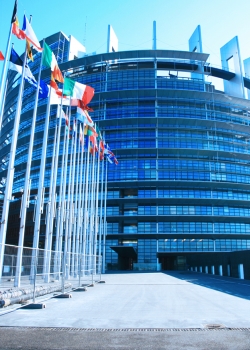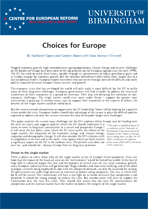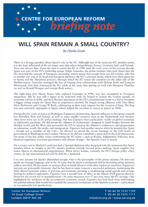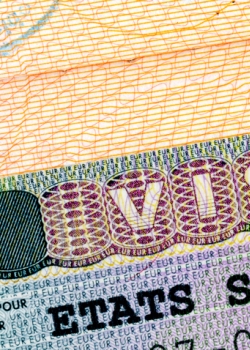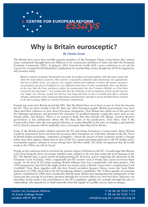Britain & EU member-states
Greece: Nowhere to hide
08 October 2009
The Greek economy is on a very dangerous course. Unless the government takes steps to boost productivity and strengthen public finances, Greece faces a bleak future.
The Czechs will probably ratify the Lisbon treaty this year
02 October 2009
Any prediction about the timing of the Czech Republic’s ratification of the Lisbon treaty must be heavily qualified; politics in Prague are so complex and opaque that many Czechs find it hard to understand what is going on.
Europe leaves behind the era of treaty change
01 October 2009
Ireland’s decisive yes to the Lisbon treaty is likely to spur Poland and – after some delay – the Czech Republic to ratify. The Lisbon treaty will probably enter into force early next year, and that is good news for the EU, in three ways.
First, the EU will move on...
First, the EU will move on...
Britain must pool defence capabilities
01 October 2009
Britain’s current approach to defence is unsustainable. Ambitious operations in Afghanistan and Iraq, coupled with expensive weapons programmes, have fed a defence budget deficit that is forecast to be £2 billion a year by 2011-2012.
Westerwelle for finance minister
29 September 2009
Guido Westerwelle is the undisputed winner of Sunday’s election in Germany. His Liberal Democratic Party (FDP) attracted almost 15 per cent of the vote, its highest share ever. Angela Merkel will remain chancellor although her Christian Democratic Union (CDU) did slightly worse than in the 2005 election.
Anglo-Saxons and hedge funds: Culprits or scapegoats?
07 August 2009
Disasters often provoke unseemly bouts of finger-pointing. This has certainly been true of the global financial crisis. In the Anglo-Saxon world, libertarians have blamed it on governments, and governments on ‘bankers’.
Britain and the EU: The cost of leaving
03 August 2009
Britain’s media and political class have a right to be sceptical about the EU, even hostile to it. But they also have an obligation to be honest about the economic implications of a retreat from full membership of the Union.
Scotland's bid to join the EU
03 August 2009
EDINBURGH, SEPTEMBER 15th 2012 (AFP).
Scotland’s leader, Alex Salmond, insisted today that his country will join the EU shortly after its formal separation from the United Kingdom, perhaps as early as January 2013. Salmond was responding to accusations that in a bid to ensure victory in last Friday’s knife-edge...
Scotland’s leader, Alex Salmond, insisted today that his country will join the EU shortly after its formal separation from the United Kingdom, perhaps as early as January 2013. Salmond was responding to accusations that in a bid to ensure victory in last Friday’s knife-edge...
Issue 67 - 2009
31 July 2009
- Iran's nuclear problem: Ever harder to fix, Tomas Valasek
- Britain and the EU: The cost of leaving, Simon Tilford
- Scotland's bid to join the EU, Hugo Brady
Carl Bildt and the cost of speaking plainly
21 July 2009
Carl Bildt is better known throughout the world than most of his fellow EU foreign ministers – and many of the prime ministers, too.
The Swedish EU presidency
01 July 2009
A painful recession in Europe, uncertain prospects for the Lisbon treaty, a looming gas crisis in Ukraine and a lame-duck Commission are some of the challenges that the Swedish EU presidency will have to deal with in the second half of 2009.
Britain’s eurosceptics need to come clean
25 June 2009
Britain’s media and political class have a right to be sceptical about the EU, even hostile to it. But they also have an obligation to be honest about the economic implications of a retreat from full membership of the Union. Their failure to do so is dishonest and poses a serious risk to Britain’s prosperity.
EU politics after the elections
10 June 2009
EU policies were not the issue that guided most voters in last week’s elections to the European Parliament. The economic crisis and job safety were uppermost in people’s minds.
Are the British the new French?
05 May 2009
The British tend to deride France as a hopelessly statist, anti-entrepreneurial country full of bolshie workers intent on extracting disproportionate rewards for their labour and a state too weak to resist them. This characterisation is not wholly inaccurate.
Choices for Europe
01 May 2009
CER - University of Birmingham
Sluggish economic growth, high unemployment, ageing populations, climate change and security challenges on the borders of Europe have been some of the top priorities on the European agenda since the early 1990s. The EU has tried to tackle these issues, notably through its commitments to reduce greenhouse gases and its Lisbon strategy for economic growth.
Will Spain remain a small country?
01 May 2009
Spain punches below its weight in EU policy-making. Since Jose Luis Rodriguez Zapatero became prime minister, five years ago, Spanish influence in the EU has diminished.
Germany: Between a rock and a hard place
19 February 2009
Twelve months ago it seemed inconceivable that any member of the EU could face a sovereign debt crisis. It would have been the stuff of fantasy to argue that Ireland or Austria could be among those at risk.
Britain's Schengen dilemma
10 February 2009
Britain supports more EU co-operation against terrorism, crime and illegal immigration and has done so for over a decade. This is because effective justice co-operation has clearly been in the national interest (as with the speedy capture and extradition of one of the 2005 London bombers from Italy to Britain).
The French, the European Commission and the Tories
29 January 2009
One Frenchman, Jean Monnet, invented the European Commission, and another, Jacques Delors, was its greatest president. Yet the French are increasingly hostile to this Brussels institution.
Why is Britain eurosceptic?
19 December 2008
The British are more hostile to the EU than any other European people. But why? Charles Grant looks at the role of geography, history and economics in nurturing euroscepticism.

